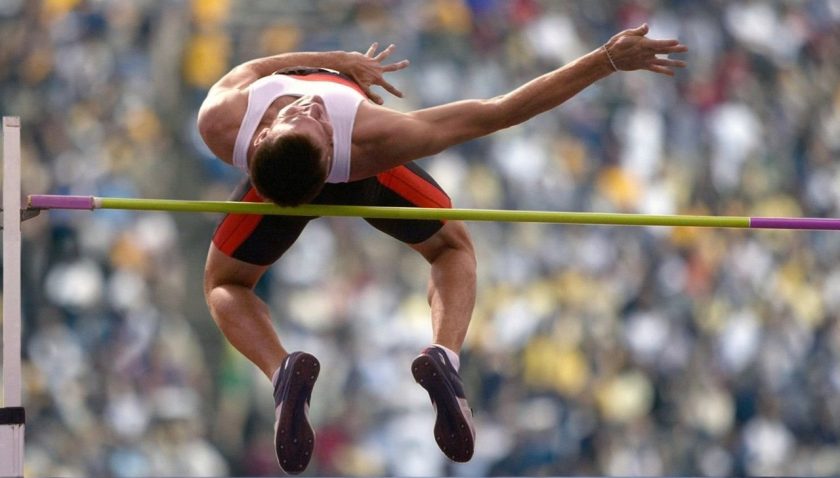In the world of sports, the pursuit of excellence, the drive for victory, and the desire to push the limits of human potential are inherent. Athletes dedicate their lives to their chosen disciplines, training rigorously to achieve their goals and stand on the podium.
However, the world of sports is not without its challenges, one of the most significant being the temptation to use performance-enhancing substances, a practice known as doping.
Doping not only tarnishes the spirit of competition but also poses severe health risks to athletes. Therefore, it is vital to ensure that athletes are well-informed about the ethical, legal, and physical consequences of engaging in doping practices.
In this article, we will explore the importance of educating athletes on the severe consequences of doping and how this education helps create a level playing field for all competitors.
The Ethical Implications
At the heart of doping education lies a profound discussion of ethics. The use of performance-enhancing substances or methods contradicts the principles of fair play, integrity, and the spirit of sport.
Athletes are taught from an early age to respect the rules and the spirit of competition. Doping not only violates these principles but undermines the very essence of sport itself. Athletes are reminded that doping not only cheats others but also cheats themselves.
It robs them of the opportunity to discover their true potential and achieve their goals through hard work, dedication, and talent.
By educating athletes about the ethical implications of doping, they are encouraged to make choices that align with the values of fair competition and also by working with a recovery coach, athletes can make healthier choices and maintain their integrity in sports.
The Legal Consequences
Engaging in doping practices has severe legal ramifications. Many sporting organizations, including the International Olympic Committee (IOC) and the World Anti-Doping Agency (WADA), have established strict anti-doping rules and regulations.
Violating these rules can result in sanctions such as disqualification from events, suspension, loss of titles, and fines.
Athletes who are caught using prohibited substances or methods may face damage to their reputation and career. Legal battles, suspensions, and the tarnishing of one’s name in the world of sports can be devastating.
Educating athletes about these legal consequences is essential to ensure they understand the gravity of the choices they make.
Health Risks and Long-Term Consequences
One of the most critical aspects of doping education is enlightening athletes about the health risks associated with doping. Performance-enhancing substances can have severe and sometimes irreversible consequences on an athlete’s physical and mental health.
Some common health risks associated with doping include:
Cardiovascular Issues: Many performance-enhancing substances can lead to heart problems, including high blood pressure, heart attacks, and strokes.
Hormonal Imbalances: Doping can disrupt the body’s natural hormone production, leading to issues like infertility, mood swings, and even cancer.
Liver and Kidney Damage: Some substances put significant stress on the liver and kidneys, potentially causing damage or failure.
Psychological Effects: The pressure to perform and the anxiety of being caught can lead to severe mental health issues, including depression and anxiety disorders.
Physical Side Effects: Doping can result in physical changes such as excessive muscle growth, which can impact an athlete’s long-term well-being.
Educating athletes on these health risks is essential not only for their personal well-being but also for the well-being of the sport as a whole.
Understanding the potentially life-altering consequences of doping can serve as a powerful deterrent for athletes who may be tempted to engage in these practices.
The Importance of Comprehensive Education
Doping education is not a one-time event; it should be an ongoing process throughout an athlete’s career. Athletes should receive education and training on anti-doping rules and regulations, ethical considerations, and the health risks associated with doping.
This comprehensive approach ensures that athletes are well-prepared to make informed decisions about their actions.
Athletes must also understand the importance of cooperation and transparency during doping control procedures. They should be aware of their rights and responsibilities during testing and should be encouraged to report any suspicious behavior they may witness among their peers.
Education as a Deterrent
Doping education serves as a powerful deterrent against the use of performance-enhancing substances. When athletes are well-informed about the ethical, legal, and health-related consequences of doping, they are more likely to make choices that align with clean and fair competition.
Education empowers athletes to resist external pressures and temptations and to uphold the values of sport.Moreover, education plays a critical role in fostering a culture of clean sport. Athletes who are educated about the consequences of doping can become advocates for clean competition within their teams and communities.
They can influence their peers and contribute to the development of a positive and ethical sporting environment.
Educating athletes on the consequences of doping is a vital component of preserving the integrity, fairness, and health of sports. Athletes who are well-informed are better equipped to make choices that align with the principles of clean and fair competition.
They are more likely to resist the allure of performance-enhancing substances and make decisions that support their long-term well-being and the purity of their sport.
Anti-doping education is an ongoing process that should be integrated into an athlete’s career from the early stages of development.
By instilling the values of ethics, legality, and health awareness, we can ensure that athletes compete with integrity, pursue their goals with dedication, and uphold the true spirit of sport.









